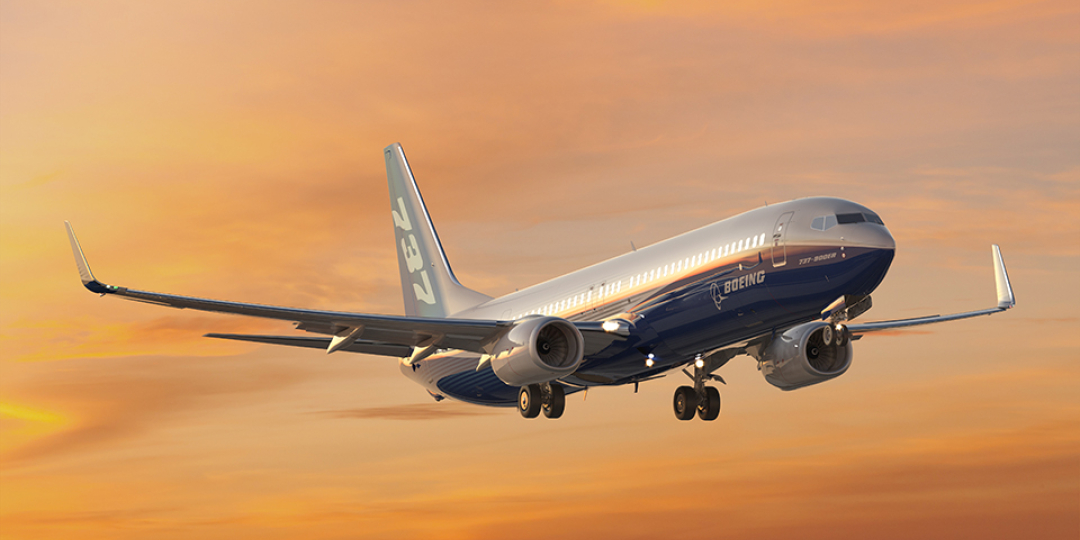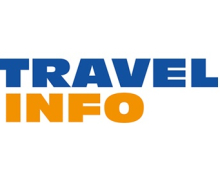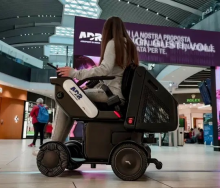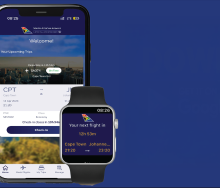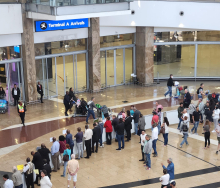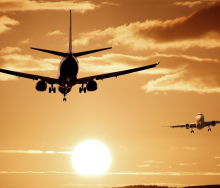Online travel agent Kayak reported a fifteenfold increase in the number of users applying a Boeing filter to exclude certain models of the aircraft following the Boeing 737 Max 9 incident in which an Alaska Airlines’ plug door popped out during a flight.
Travel News ran a poll to understand if and how the trend is shaping South African agents’ bookings.
From nearly 150 industry respondents, more than a third (36%) said they have clients now specifying that they don’t want to fly on a Boeing 737 Max.
To delve deeper into how these sentiments are affecting travel, we spoke to Linden Birns, MD of Plane Talking and aviation industry reputation management and crisis communications expert.
“A lot of negative sentiment has been expressed anecdotally, in some informal media polls and on social media channels. Has it resulted in lasting perceptions and manifested in passengers cancelling or changing their bookings or deliberately avoiding flights operated by B737 Max 9 aircraft? If so, it is almost impossible to describe as there have been no qualitative empirical studies with evidence to tell us that significant numbers of travellers have changed their behaviour based on these perceptions,” said Birns.
Stocks tumble
Boeing started off 2024 with shares trading at around US$257 (R4 913). Following the Alaska Airlines door blowout incident on January 5, its stock plummeted over the next 10 days to just over $200 (R3 794). The month thereafter saw several peaks and dips, with Boeing’s latest reported closing price at $205 (R3 919) – a drop of almost 20% since January 5.
However, as explained by Birns: “Boeing’s share price performance is not a reliable indicator as traveller behaviour rarely mirrors investor sentiment.” He adds that those concerned about the safety of any airline or aircraft can follow the guidance of authorities such as the US Federal Aviation Administration (FAA).
“In most cases, large well-known airlines like Alaska Airlines have built up a store of customer goodwill and trust in their brand and offering with customers trusting them not to compromise safety. Having been thoroughly inspected and had any necessary remedial work done to them, most of the 171 US-based B737 Max 9s have now returned to service,” said Birns.
Where are we now?
While the NTSB has tabled an interim report of the Alaska Airlines January 5 incident, it will likely be months for the full investigation to be completed and published. In the meantime, Boeing has had to go to great lengths to reassure its existing clients.
It’s not just a problem of confidence in the construction of the equipment, but now, there are delays in the delivery of these and other aircraft to their end users. Boeing had to slow down the production line immediately after the door incident in order to investigate the cause of the problems on the aircraft. These delays have set back the strategic plans of their airline customers and this will ultimately play out in the airlines’ own bottom lines. Some airlines have expressed seething anger at the situation and have alluded to a future switch over to Airbus.
“Boeing has been at pains to apologise to airlines for the disruptions and delayed deliveries of aircraft following the revelations of quality control lapses in its own factories and those of its sub-contractors. It is under intense pressure from its commercial and military customers, safety regulators, politicians and the travelling public, in the US and around the world, to get its act together,” said Birns.
Client risk perception
Travel News spoke to a South African travel consultant, who asked not to be named, about her clients’ sentiments around Boeing 737 Max aircraft.
“We understand that there are perceived risks around Boeing at the moment, so we do take the time to advise our clients on what aircraft they’re flying on as part of our duty of care policy. They can then make an informed decision,” she said.
As Boeing works to restore investor and traveller confidence, it remains the world’s largest aircraft manufacturer, although the backlog of orders it currently has on its books may mean that its airline clients will have to sit tight for their orders. The challenge is, there are very few alternatives.
“Boeing’s output will be constrained until it has sorted out all of its problems. In the meantime, Airbus’s order books are full for the next eight years, leaving little scope for airlines to cancel their Boeing 737 Max 9 orders and switch to Airbus’s equivalent offering,” concluded Birns.
